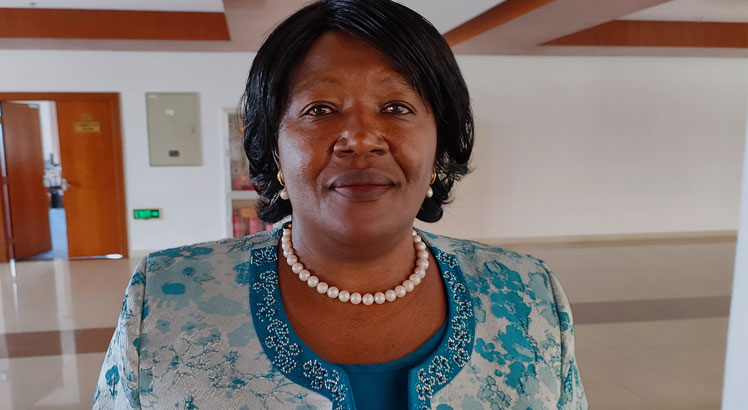AGRA, Luanar court Malawi on blended fertilizers
Malawi’s degraded soils may ‘heal’ and the country can consequently increase its yields should government start promoting the use of blended fertilizers; experts have argued.
The calls come amid reports that the country continues to be facing perennial hunger despite the fact that fertilizer use, which stands at the heart of agricultural production, has been increased over the last decade aided by the nation-wide Farm Input Subsidy Programme (FISP) in the country.

A recent report by the African Fertilizer and Agribusiness Partnership (AFAP) denotes that the country’s fertilizer use increased from less than 10 kilogrammes per hectare in 2005 to 48 kilogrammes per hectare in 2015; a rate considered to be amongst the highest in Africa and close to the recommendation by the 2006 Abuja Declaration that calls for more fertilizer use in agriculture.
In retrospect, the impact study claims this has only boosted the average national maize yield from one tone per hectare to 2.5 tonnes per hectare in 2009.
However, the Alliance for a Green Revolution (AGRA) feels the country can work on the existing gaps to maximize production by paying attention to other key factors in fertilizer use that, as they argue, have been neglected before including the use of fertilizer blends.
AGRA Chief of Agricultural Transformation Dr Joe DeVries said: “Impact studies attribute these huge yield gaps to low fertilizer use efficiency owing to the mismatch between the fertilizer type, rates, time of application and the underlying soil conditions. Such yield gaps lead to low return on investment (ROI) at the farmer and national level.
“To achieve better crop yields and return on investment, it is crucial to replace the commonly used blanket fertilizer recommendations with site/regional specific fertilizer recommendations. Oftentimes, knowledge on how this can be actualised exists but such knowledge is not accessible by the fertilizer companies for use in development of better blends.”
He was speaking on Wednesday in Lilongwe on the sidelines of a regional workshop on the development of fertilizer blends for Malawi.
Lilongwe University of Agriculture and Natural Resources acting Vice Chancellor, Professor Emmanuel Kaunda welcomed the suggestions over the use of blended fertilizers, saying the move can auger well with the calls to promote the use of organic manure.
“It’s not a contradiction at all. Actually, adopting the use of blended fertilizers will only complement organic manure to achieve food security.” He said.
Meanwhile, Controller of Agricultural Services responsible for institutions in the Ministry of Agriculture, Grey Nyandule-Phiri, said the development is timely.
He said the key was to first provide fertilizer companies with relevant data and knowledge that is crucial for formulation and blending better fertilizers for various regions in the country.
Nyandule-Phiri also revealed the ministry was now coming up with a Fertilizer Policy ahead of presenting a Bill to have the Fertilizer Act amended in Parliament.
The workshop drew participants from the public sector, private sector, research departments, fertilizer companies, donors and development agents.
It was jointly organized by the Ministry of Agriculture, Lilongwe University of Agriculture and Natural Resources (LUANAR), African Fertilizer and Agribusiness Partnership (AFAP) Agriculture and Food Security Center-Colombia University, International Plant Nutrition Institute (IPNI), and AGRA.





